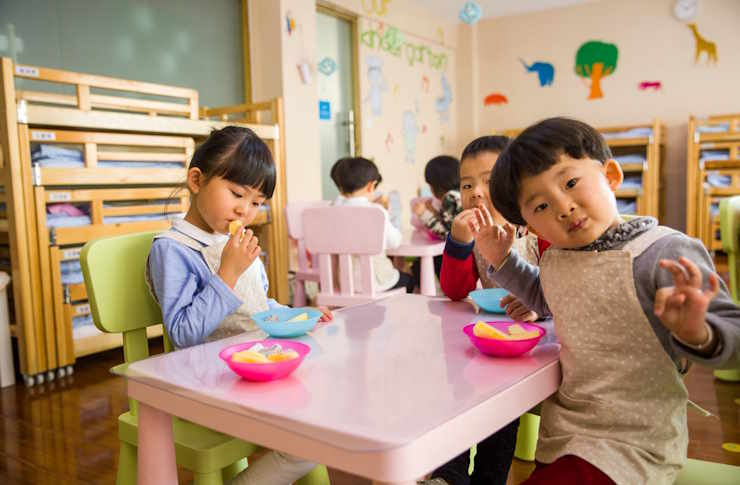Daycare Jobs: Roles, Skills, and Early Childhood Care
Working in daycare covers a range of roles focused on the care and education of young children. People in these positions support daily routines, supervise play, and foster learning and social development. Whether in nurseries, preschools, or home-based childcare, workers combine practical caregiving with age-appropriate teaching to promote wellbeing and growth.

What do nursery and preschool teachers do?
Nursery and preschool teachers design and run activities that promote early learning while providing routine care. Daily tasks commonly include preparing educational play, facilitating group activities, observing developmental milestones, and maintaining records related to children’s progress. Teachers balance structured learning with free play, adapting approaches to the age and individual needs of each child. Communication with parents and colleagues is an ongoing responsibility, ensuring consistency between home and school environments and supporting a child’s broader education.
How does childcare support early childhood development?
Childcare settings provide environments that influence cognitive, emotional, and social growth. Through guided play, storytelling, sensory activities, and structured routines, staff help children build language, problem-solving, and motor skills. Group settings offer opportunities for sharing, turn-taking, and cooperation—key social skills for later schooling. Observational assessment and targeted activities help staff identify areas where a child may need extra support, enabling early intervention and continuity with formal education.
What qualifications and training are common for teaching?
Qualifications vary by country and by the type of setting—nurseries, preschools, private daycare, or public school-affiliated programs. Common credentials include certificates or diplomas in early childhood education, vocational training, and regulated background checks. Ongoing professional development in areas like special needs support, behavior management, and child development is typical. Employers often value practical experience, first aid/CPR training, and familiarity with local childcare regulations and curriculum frameworks.
How do play, learning, and social skills connect?
Play is a primary vehicle for learning in early childhood, enabling exploration, language development, and creativity. Guided play activities help children practice social skills—negotiation, empathy, and conflict resolution—while cognitive tasks support memory and attention. Teachers and caregivers scaffold activities by asking open-ended questions, modeling behavior, and adjusting challenges to suit developmental stages. Integrating play with intentional learning goals creates an atmosphere where children can develop holistically across multiple domains.
How are nutrition, safety, and supervision managed?
Nutrition and safety are central responsibilities in daycare settings. Staff plan or follow meal guidelines that meet dietary needs and promote healthy eating habits, while ensuring allergy awareness and safe feeding practices. Supervision strategies include appropriate staff-to-child ratios, regular headcounts, safe sleep procedures, and secure premises. Clear policies for medication, incident reporting, and emergency response are important. Proper documentation and routine risk assessments help maintain consistent standards of care and protect children’s wellbeing.
Working in different settings, including Japan and local services
Daycare roles appear across varied settings—large nurseries, small preschools, community centers, and private daycare homes—and local regulations shape job expectations. For example, working in Japan may involve familiarity with local childcare systems, language considerations, and country-specific certification requirements. When exploring options in your area, look for programs that align with recognized standards of education and safety. Employers and community organizations often offer different models of care, each with distinct daily rhythms and organizational structures.
Conclusion
Daycare jobs combine practical caregiving with pedagogical work to support children’s early learning and development. Roles vary by setting and region but commonly require skills in supervision, teaching through play, communication with families, and attention to nutrition and safety. Prospective workers should consider qualifications, ongoing training, and the specific expectations of nurseries or preschools in their local services to match personal strengths with professional responsibilities.






